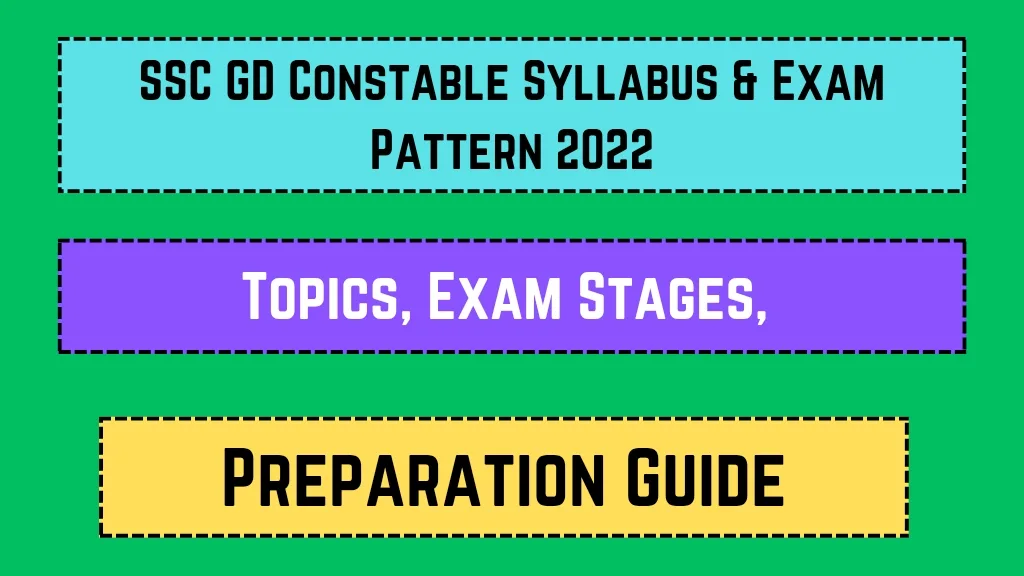The Union Public Service Commission (UPSC) Civil Services Examination (CSE) is one of India’s most esteemed competitive exams. A comprehensive understanding of the General Studies (GS) syllabus for both the Preliminary and Main examinations is crucial for aspirants aiming to excel in the 2025 UPSC CSE. This article provides a detailed, topic-wise breakdown of the GS syllabus, assisting candidates in their preparation journey.
Key Highlights ✨
- Organization Name: Union Public Service Commission (UPSC)
- Examination Name: Civil Services Examination (CSE) 2025
- Preliminary Exam Date: May 25, 2025
- Number of Vacancies: 979
- Prelims Papers: General Studies Paper-I and General Studies Paper-II (CSAT)
- Mains Papers: Nine papers including four General Studies papers
- Join WhatsApp: JOIN NOW
- Join Telegram: JOIN NOW
- Official Website: upsc.gov.in
Preliminary Examination: General Studies Paper-I Overview 📝
The Preliminary Examination serves as a screening test and comprises two compulsory papers:
- General Studies Paper-I: This paper assesses a candidate’s knowledge on a wide range of subjects.
- General Studies Paper-II (CSAT): This paper evaluates analytical skills, reasoning abilities, and comprehension.
Marks obtained in Paper-I determine qualification for the Main Examination, while Paper-II is qualifying in nature, requiring a minimum of 33% marks.
Detailed Syllabus for General Studies Paper-I 📖
The General Studies Paper-I encompasses the following topics:
- Current Events: Significant national and international happenings.
- History of India and Indian National Movement: Key events, personalities, and movements shaping India’s past.
- Indian and World Geography: Physical, social, and economic geography of India and the world.
- Indian Polity and Governance: Constitutional framework, political system, Panchayati Raj institutions, public policies, and rights issues.
- Economic and Social Development: Sustainable development, poverty, inclusion, demographics, and social sector initiatives.
- Environmental Ecology, Biodiversity, and Climate Change: General issues not requiring subject specialization.
- General Science: Basic concepts and developments in science and technology.
Main Examination: General Studies Papers Structure 🗂️
The Main Examination is descriptive and includes four General Studies papers, each carrying 250 marks:
- General Studies Paper-I: Indian Heritage and Culture, History, and Geography of the World and Society.
- General Studies Paper-II: Governance, Constitution, Polity, Social Justice, and International Relations.
- General Studies Paper-III: Technology, Economic Development, Bio-diversity, Environment, Security, and Disaster Management.
- General Studies Paper-IV: Ethics, Integrity, and Aptitude.
Topic-Wise Breakdown of General Studies Papers 📚
General Studies Paper-I: Indian Heritage and Culture, History, and Geography 🌍
- Indian Heritage and Culture: Salient aspects of art forms, literature, and architecture from ancient to modern times.
- Modern Indian History: Significant events, personalities, and issues from the 18th century onwards.
- World History: Industrial revolution, world wars, redrawing of national boundaries, colonization, and decolonization.
- Geography: Features of the world’s physical geography, distribution of key natural resources, and factors influencing the location of industries.
General Studies Paper-II: Governance, Constitution, Polity, Social Justice, and International Relations 🏛️
- Indian Constitution: Historical underpinnings, evolution, features, amendments, and significant provisions.
- Governance: Role of civil services, e-governance applications, and transparency mechanisms.
- Social Justice: Welfare schemes for vulnerable sections, mechanisms for protection and betterment, and issues related to poverty and hunger.
- International Relations: India’s relations with neighboring countries, regional and global groupings, and agreements involving India.
General Studies Paper-III: Technology, Economic Development, Bio-diversity, Environment, Security, and Disaster Management 🔬
- Economy: Indian economy’s development, resource mobilization, and inclusive growth.
- Science and Technology: Developments and their applications in everyday life, achievements of Indians in science and technology.
- Environment: Conservation, environmental pollution, degradation, and climate change.
- Security: Challenges to internal security, role of external state and non-state actors, and basics of cyber security.
- Disaster Management: Disaster types, mitigation strategies, and response mechanisms.
General Studies Paper-IV: Ethics, Integrity, and Aptitude 🧭
- Ethics and Human Interface: Essence, determinants, and consequences of ethics in human actions.
- Attitude: Content, structure, function, and influence on behavior.
- Aptitude and Foundational Values: Integrity, impartiality, non-partisanship, dedication to public service, and emotional intelligence.
- Public/Civil Service Values: Ethical concerns and dilemmas in government and private institutions, laws, rules, regulations,












